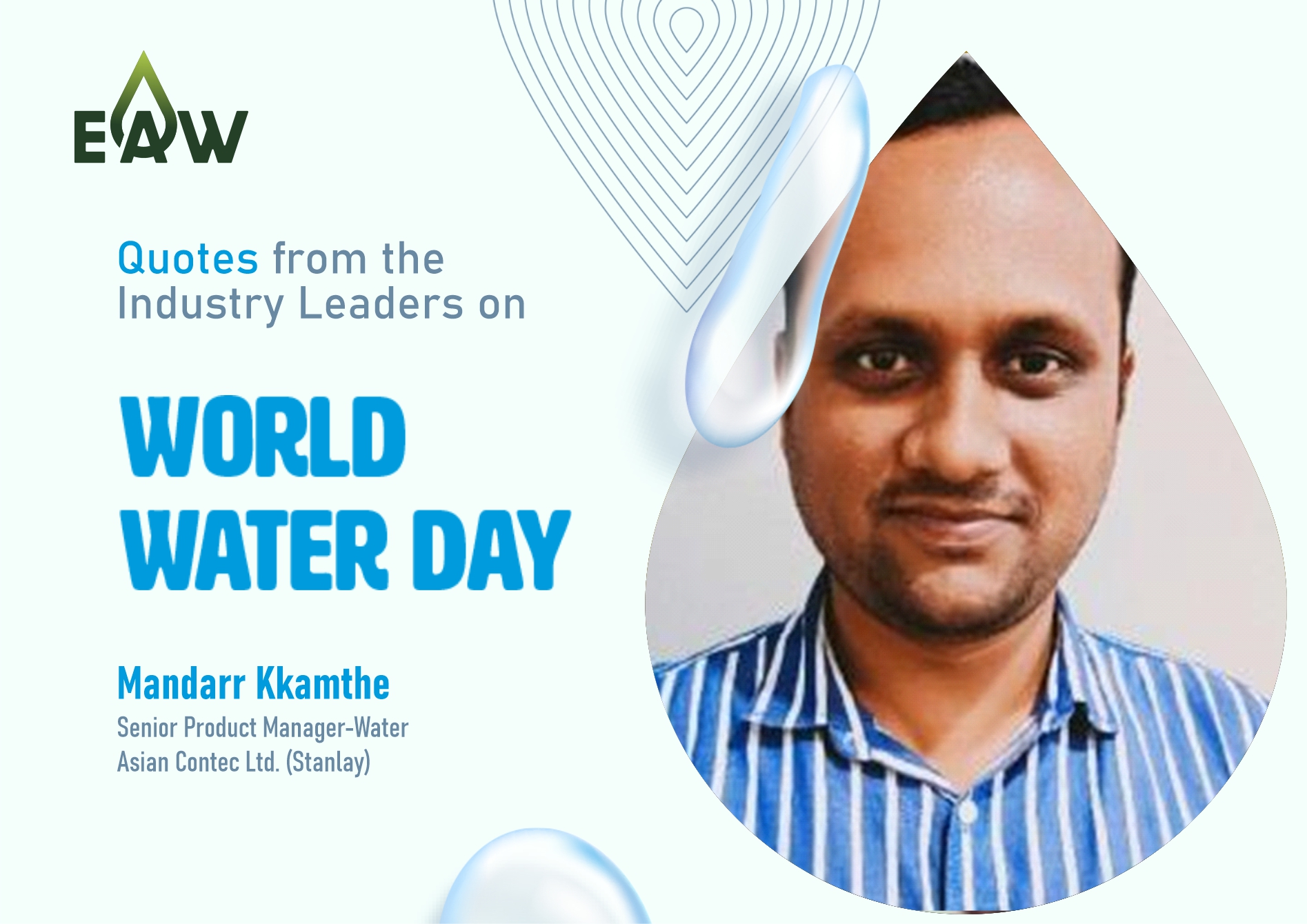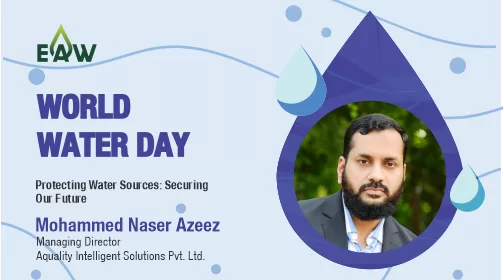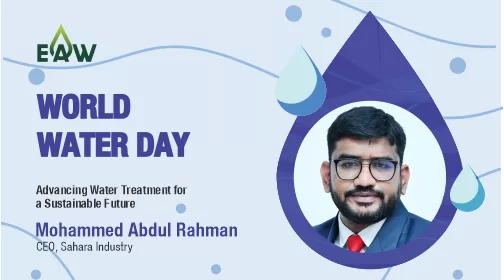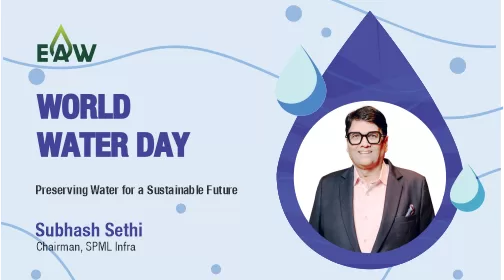By Mandarr Kkamthe, Senior Product Manager-Water at Asian Contec Ltd. (Stanlay)–
Improved water supply and sanitation and water resources management boosts countries’ economic growth and contributes greatly to nation’s growth. Resolving water related challenges requires that the costs for improved water supply and sanitation and water resources management be seen as sound public and private investments and key to a strategy that boosts economies, enables individuals and businesses with a fair chance to prosper. Simply put water and related services must be made part of the economic development business. Water and economy are inextricably linked. A country’s overall development strategy and macroeconomic policies – including fiscal, monetary and trade policies – directly and indirectly affect demand and investment in water-related activities. Perhaps the most obvious examples are reforms to trade and agriculture that affect terms-of-trade and production and cropping patterns and thus ultimately determine water resource use and allocation.
With the continuing importance of globalization and economic reform, many developing countries are implementing fundamental changes in macroeconomic policies. Many macroeconomic reforms call for a greater reliance on market incentives, open trade, fiscal austerity and the phasing out of producer and consumer subsidies (input and product markets). Government measures to reduce budgets or preserve the status-quo also imply increased competition between and within sectors that rely heavily on public investments for the funding of new development projects. Given this, the overall economic, social and environmental benefits of investment choices and the benefits of alternative funding sources must be carefully addressed. There is currently a high degree of awareness of the pressing social and environmental challenges the world is facing. 2 in every 10 people on earth lack access to safe water supply, and 4 in 10 lack access to basic sanitation service; there is also an awareness of increasing water demands and widespread cases of dwindling and mismanaged water resources and the inadequacy of water infrastructure. The water-related challenges and the urgency to resolve them have been confirmed and re-confirmed at the highest levels.





